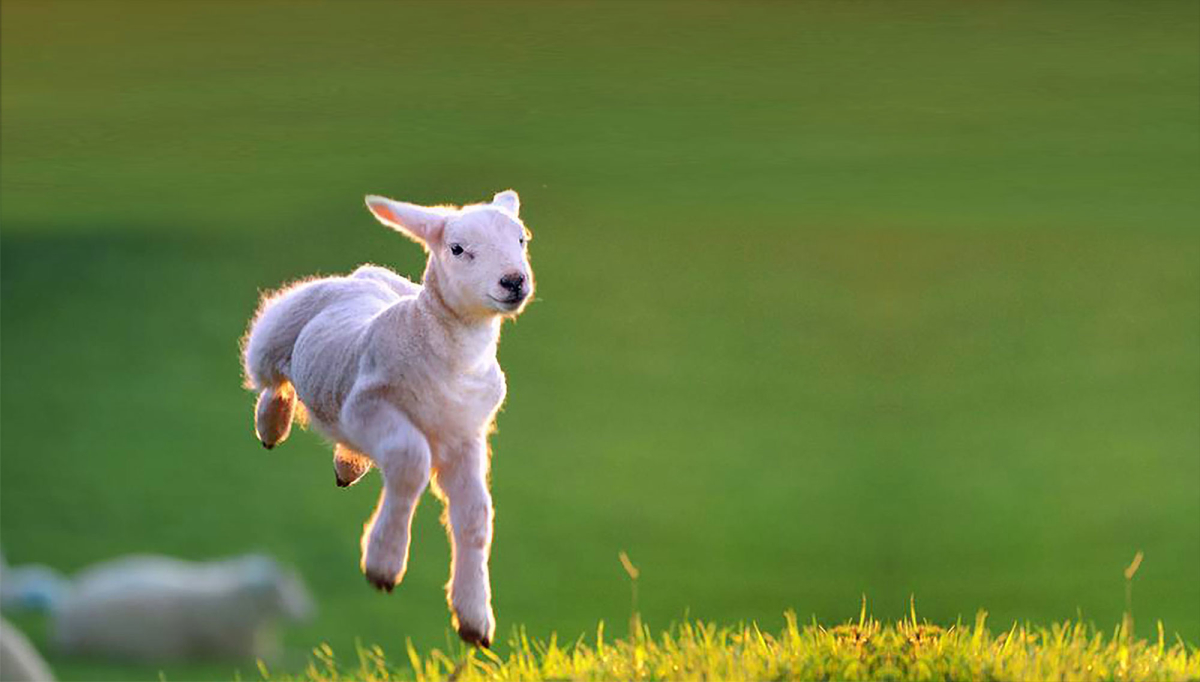To me, spring is the best time of the year. No question. Spring represents life, a new beginning and a feeling of hope and optimism. There is a scientific reason for this. Increased exposure to sunshine (vitamin D) improves our liver functions and reduces the risk of many illnesses and diseases. We are healthier, which makes us all feel better emotionally and more optimistic.
This in turn makes us all more likely to make more decisions, undertake more economic activity and basically live life more to the full. It’s called UV economics. I have always believed in this phenomenon, because of what I have witnessed in New Zealander’s attitudes during spring and early summer. Our focus quickly becomes the beach, BBQ’s, family, holidays and doing positive things. No business (or politician for that matter) should ever get in the way of a Kiwi and this mindset!
With the onset of spring, there’s no better time for New Zealanders to make some bold decisions about their future.
You see we think we are doing a better job than before of preparing for the future, after all we have $42 billion in KiwiSaver now. The reality is New Zealanders remain grossly underprepared financially for retirement. On a like for like basis, Kiwis have around 20% of the pension type assets of other western nations. This is exacerbated by the very low inflation, low interest rate environment that we now live in. Interest rates are relevant because it means it takes more savings to generate a satisfactory income in retirement.
The size of the problem we face is evident in the population statistics which show New Zealand is now a country of 4.7 million people (that last million has arrived quickly!) and 47% of these are over 40 years of age. Collectively we are underprepared, and while there is individual responsibility, there has to be a collective response. Our children and grandchildren shouldn’t have to pay excessive taxes in the future to keep previous generations in a basic lifestyle in retirement.
So how can you turn the wave of spring optimism into retirement renewal? For those in KiwiSaver, a simple step that can be done right now is to increase contributions from the minimum (3%) up to 4% or 8%. It’s a small change that can have a big impact and it is amazing how quickly spending patterns can be quickly adjusted to the new level required. Many savers have made this adjustment, but we need a lot more to take this step.
For those who have a portfolio of investments or are already on the maximum KiwiSaver contribution, this is the right time to ask if you have invested wisely. New Zealanders have 55% of their pension assets in relatively low yielding cash and bond funds, whereas Australians only have 30%, Canadians 35%, the Swiss 42%, British 37% and US citizens only 24%. New Zealand investors’ natural conservatism have cost them billions of dollars of lost returns in recent years. Have you reviewed your investment strategy lately?
For those relying on trading down the size of their family home as a way of funding retirement this may not be as easy as you think. While residential property has been a stellar performer in recent years that is a huge bet, particularly when you consider the largest population group (baby boomers) are all going to be looking to sell down at the same time, to a new generation that largely cannot afford to buy homes. Making that change earlier and diversifying investments beyond just the family home makes a lot of sense.
The Government, of whatever colour, is unlikely to change any of the above situations. It is time for us all to be bold and use the optimism of spring to take control of our own retirement savings and our retirement lifestyle. Soak up that warming sun, absorb the vitamin D, and then make the decision. The team here is ready and waiting to help you make these decisions. We are with you all the way.
